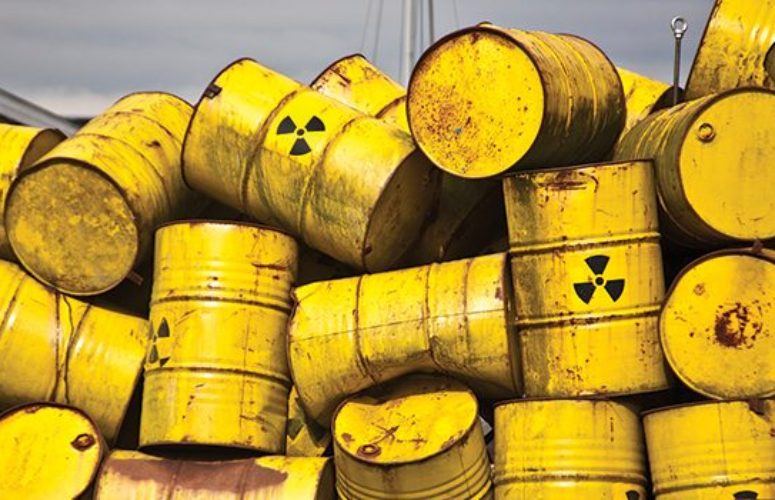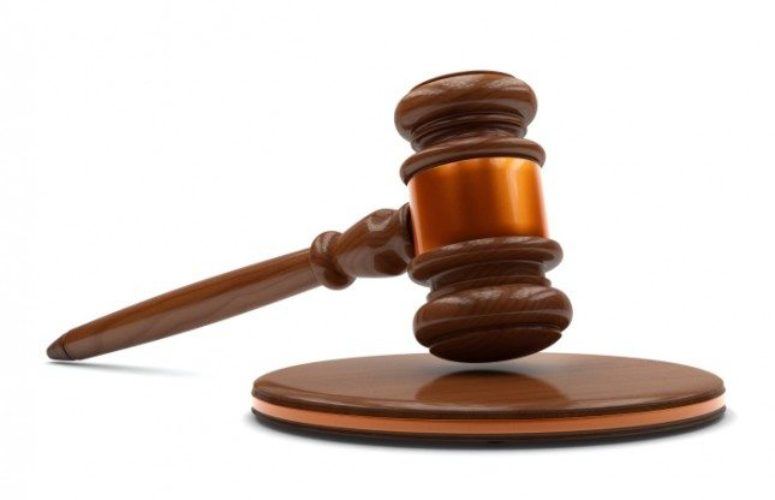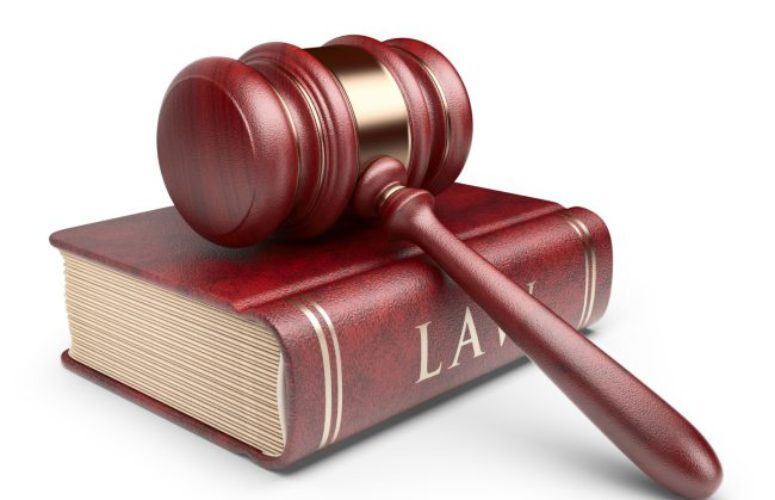
Coping with New Jersey’s Spill Tax
It is best to resolve any doubt before the Division of Taxation comes knocking on your door.
By Nicole B. Dory On Jul 28, 2016A growing number of businesses may be subject to the New Jersey Spill Tax and not know it because their products don’t seem like hazardous substances. As consumers, we are becoming more aware that many everyday products and foods contain hazardous compounds, such as those used as stabilizers and preservatives. However, business owners that that are involved in the manufacturing, distribution or storage of food products, personal care products, cosmetics, cleaners and the like in New Jersey may not realize they are handling “hazardous” materials and are therefore subject to the Spill Tax.
Established in 1976, the tax funds the state’s Spill Compensation Fund to clean up spills and environmental mishaps. The tax covers petroleum products and designated hazardous substances. What you may not know is that the tax also covers mixtures of products that contain such small amounts of hazardous substances that the products are not commonly considered hazardous themselves. That’s where businesses might be caught off guard. Here is what you need to know.
Who’s taxed? The tax applies to certain hazardous substances located at “major facilities,” which are facilities that store, process, handle, produce, refine, transfer or transport hazardous substances and have a total storage capacity of a) 20,000 gallons or more of hazardous substances, excluding petroleum products, or b) 200,000 gallons or more of all hazardous substances, including petroleum products. A major facility is defined by its “storage capacity,” (i.e. how much could be stored and not the amount of hazardous material that is actually stored). The tax also applies to “public storage terminals,” which are major facilities operated for public use to store/transfer hazardous substances owned by others. Every business subject to the Spill Tax must, within 20 days of the first transfer of hazardous substances in any fiscal year, register with the Division of Taxation.
What’s taxed? The tax is imposed on the transfer of petroleum products and certain “hazardous substances,” as defined by the New Jersey Department of Environmental Protection (NJDEP), into New Jersey. The tax is only applied at the point of the first transfer. On a case-by-case basis, NJDEP determines whether mixtures containing small amounts of hazardous substances must be counted towards the 20,000-gallon threshold. Unless scientific information demonstrates otherwise, NJDEP’s policy has been to count toward the storage capacity the entire volume of a mixture containing even a trace amount of a hazardous substance.
How much? If you are not a major player, the tax can be small. But, penalties can be big if you fail to report and pay. Do not assume the tax won’t apply to you just because you handle mixtures with small amounts of hazardous substances.
About the Author: Nicole B. Dory is a partner at Connell Foley LLP, where she focuses on real estate, land use and environmental law. She can be reached at [email protected].
Related Articles:






